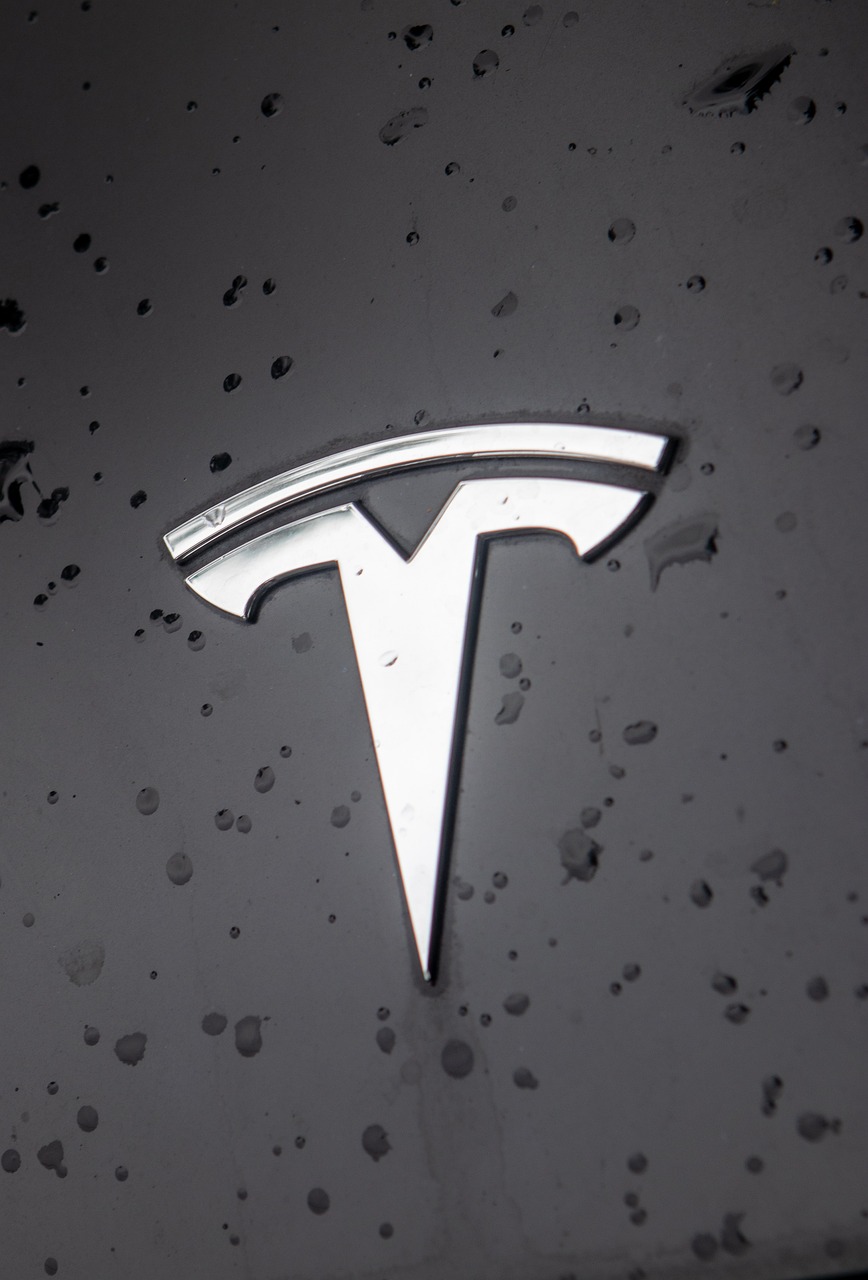Web3 Development: The Future of the Decentralized Internet
Web3 development is taking the spotlight as the future of the internet, changing how users interact and manage their data online. Unlike traditional web systems that centralize control with big corporations, Web3 brings decentralization to the forefront, giving power back to the users. With a focus on blockchain technology and a user-first approach, it’s set to redefine the internet landscape.
What is Web3?
Web3, often referred to as the decentralized web, aims to build an internet where users truly own and control their data. Instead of companies harvesting information and managing digital interactions, Web3 leverages blockchain, creating a trustless, peer-to-peer network. The key difference from earlier web iterations is its decentralization, where users interact through decentralized applications (dApps) and smart contracts, without relying on central authorities or intermediaries.
Core Technologies in Web3 Development
-
Blockchain: This serves as the backbone of Web3, offering a transparent, secure way to record transactions and data. Blockchain ensures that data remains decentralized, where no single entity has control, ensuring security and trust.
-
Smart Contracts: Smart contracts are self-executing contracts that automatically enforce terms and conditions coded directly into them. This removes the need for middlemen, making processes like financial transactions or legal agreements seamless and trustless.
-
DeFi (Decentralized Finance): DeFi platforms are changing traditional banking systems, allowing people to trade, lend, or borrow without needing a bank. This opens up the world of finance to anyone with internet access, no intermediaries involved.
-
NFTs (Non-Fungible Tokens): NFTs allow for ownership of digital assets, from art to virtual real estate. This technology empowers creators and collectors to own and verify unique digital items.
-
DAOs (Decentralized Autonomous Organizations): These organizations operate without a central governing body. Instead, they are governed by code and the collective decision-making of their members, pushing the power from the few to the many.
Why Web3 Development Matters
-
Ownership & Control: One of the core promises of Web3 is that users regain control over their data and digital identities. The centralized nature of Web2 allowed companies to monetize user data; Web3 flips this model, making users the owners of their digital assets and identities.
-
Improved Security: By operating on blockchain, Web3 reduces the risks of hacking or data breaches seen in centralized systems. Transactions and data storage are encrypted and distributed across networks, making them far more secure.
-
Interconnected Ecosystem: Web3 is designed to be open and interoperable, meaning different platforms and dApps can seamlessly interact with one another, creating a more flexible and innovative environment.
Challenges Facing Web3
-
Scalability: While blockchain offers immense potential, it struggles with scaling up to handle large transaction volumes quickly and efficiently. As more users join Web3, solutions like layer-2 scaling are being worked on to manage the traffic.
-
User Experience: Despite its potential, Web3’s interface can be a bit overwhelming for the average user. The steep learning curve surrounding cryptocurrency wallets and decentralized platforms needs to be simplified for mainstream adoption.
-
Regulatory Uncertainty: As Web3 grows, regulatory frameworks are still catching up. This is a gray area, with governments and organizations still figuring out how to regulate decentralized technologies without stifling innovation.
The Future of Web3 Development
The future of Web3 development is not just about technology; it’s about changing how the world works online. From finance and digital ownership to voting systems and even social media, Web3 has the potential to disrupt industries across the board. The decentralized nature of Web3 could lead to a fairer, more open internet where users control their data and decisions are made transparently. As development continues, Web3 will likely become the standard for how we engage with the digital world.
This future internet will move beyond centralized control, with blockchain at its core, driving change in everything from digital ownership to financial independence. The world is only beginning to grasp its potential.




